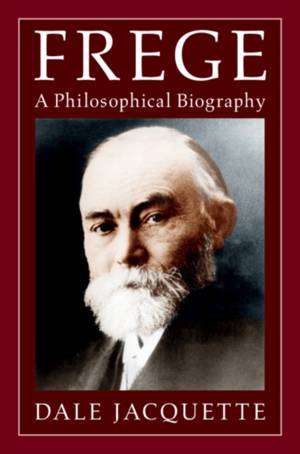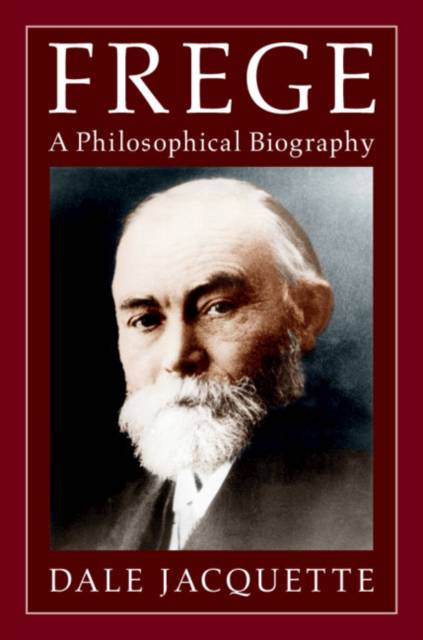
- Afhalen na 1 uur in een winkel met voorraad
- Gratis thuislevering in België vanaf € 30
- Ruim aanbod met 7 miljoen producten
- Afhalen na 1 uur in een winkel met voorraad
- Gratis thuislevering in België vanaf € 30
- Ruim aanbod met 7 miljoen producten
Zoeken
Omschrijving
Gottlob Frege (1848-1925) is one of the founding figures of analytic philosophy, whose contributions to logic, philosophical semantics, philosophy of language, and philosophy of mathematics set the agenda for future generations of theorists in these and related areas. Dale Jacquette's lively and incisive biography charts Frege's life from its beginnings in small-town north Germany, through his student days in Jena, to his development as an enduringly influential thinker. Along the way Jacquette considers Frege's ground-breaking Begriffschrift (1879), in which he formulated his 'ideal logical language', his magisterial Grundgesetze der Arithmetik (1893 and 1903), and his complex relation to thinkers including Husserl and especially Russell, whose Paradox had such drastic implications for Frege's logicism. Jacquette concludes with a thoughtful assessment of Frege's legacy. His rich and informative biography will appeal to all who are interested in Frege's philosophy.
Specificaties
Betrokkenen
- Auteur(s):
- Uitgeverij:
Inhoud
- Aantal bladzijden:
- 680
- Taal:
- Engels
Eigenschappen
- Productcode (EAN):
- 9780521863278
- Verschijningsdatum:
- 16/05/2019
- Uitvoering:
- Hardcover
- Formaat:
- Genaaid
- Afmetingen:
- 229 mm x 236 mm
- Gewicht:
- 1224 g

Alleen bij Standaard Boekhandel
+ 172 punten op je klantenkaart van Standaard Boekhandel
Beoordelingen
We publiceren alleen reviews die voldoen aan de voorwaarden voor reviews. Bekijk onze voorwaarden voor reviews.











